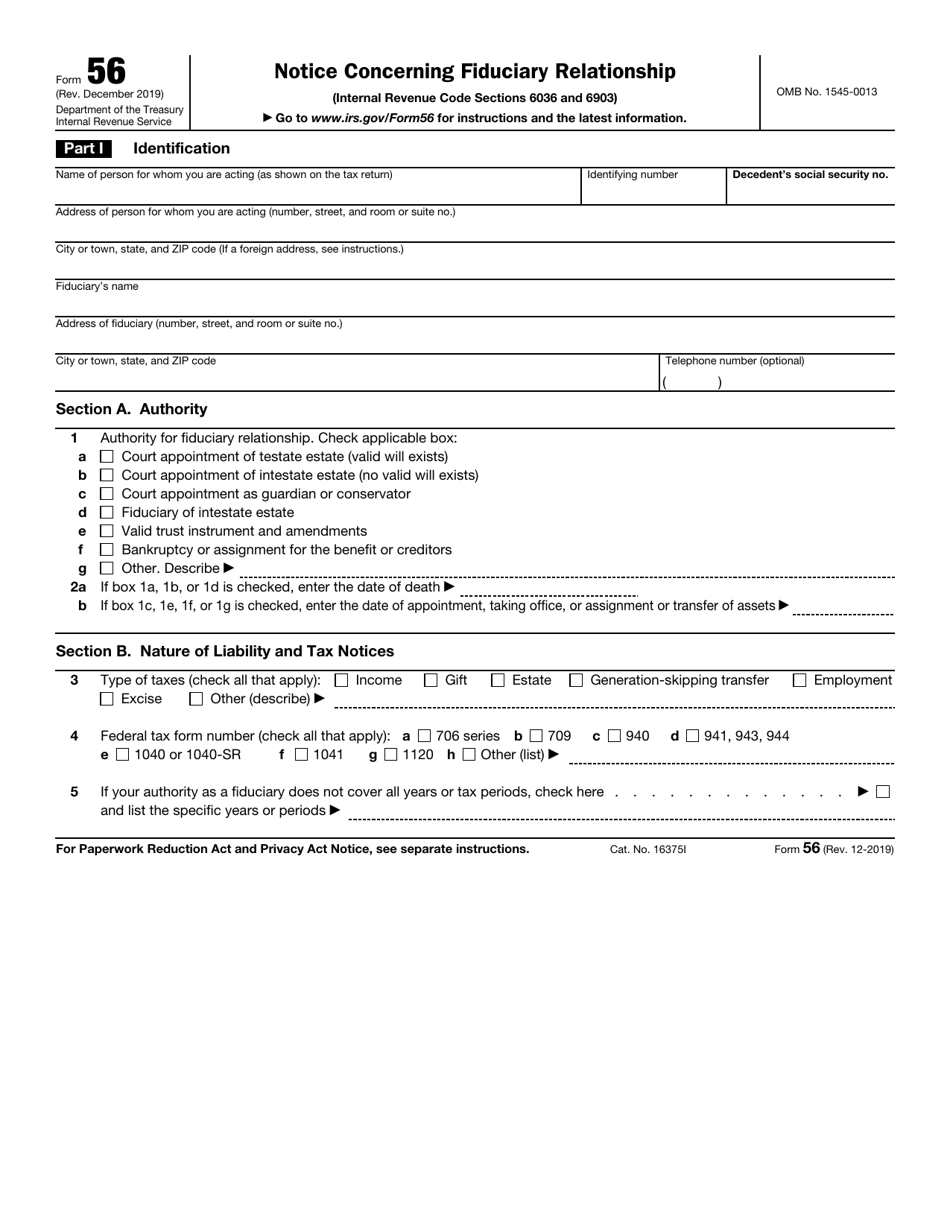

Senate Rule 37.3 – Officers and employees must report all such outside activities to their supervising Senator or officer in writing at the start of the activity and on May 15th of each year thereafter.The legislative history of this provision states that it should be read to prohibit any outside activities which could represent a conflict of interest or the appearance of a conflict of interest.
#Fiduciary relationship examples professional#


This provision was intended as a broad prohibition against Members, officers, or employees deriving financial benefit, directly or indirectly, from the use of their official positions. Senate Rule 37.1 – A Member, officer, or employee shall not receive any compensation, nor permit any compensation to accrue to his or her beneficial interest from any source, the receipt or accrual of which would occur by virtue of influence improperly exerted from his or her position as a Member, officer, or employee.This basic principle is embodied in several sections of Senate Rule 37: Members, officers, and employees are generally prohibited from using their official position for personal gain. Forms - Interns, Fellows, and Detailees.Quick Reference Guides and Summary Resources.Regulations Governing the Use of the Mailing Frank.Regulations and Guidelines for Privately Sponsored Travel.Rules of Procedure of the Select Committee on Ethics.Prohibition of Unofficial Office Accounts.


 0 kommentar(er)
0 kommentar(er)
